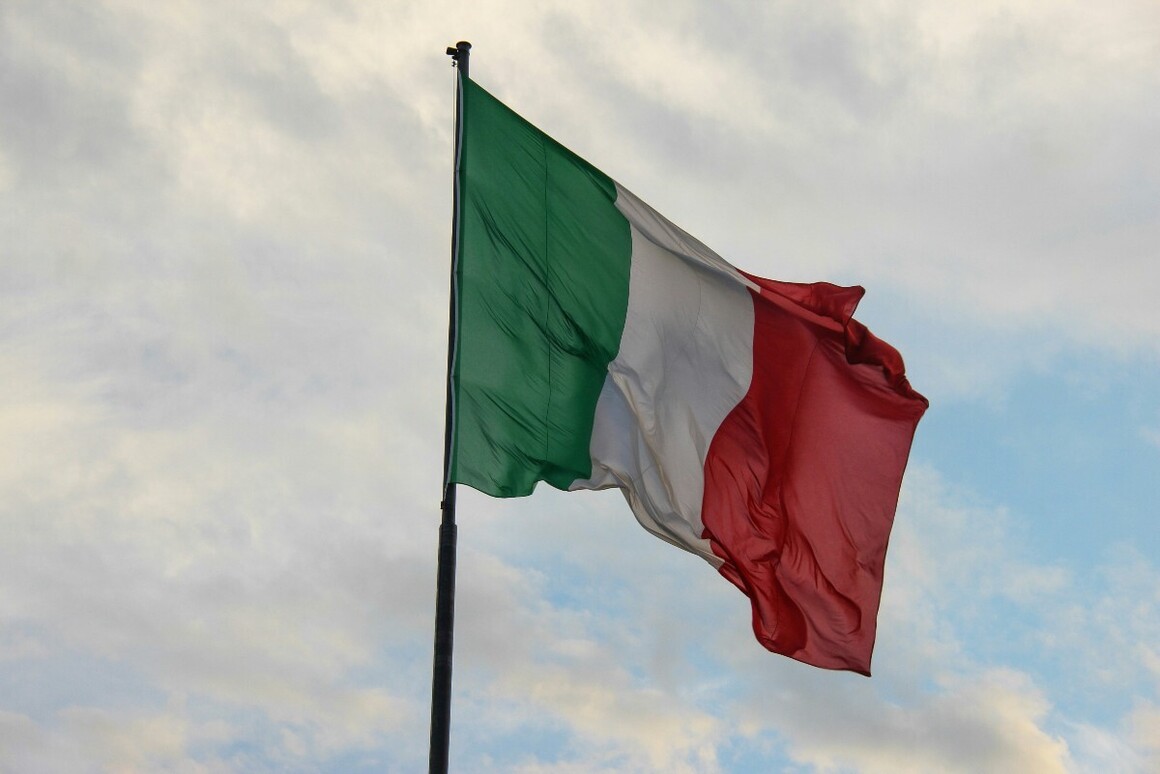
Moving to Italy is an exciting life change, with the opportunity to choose between gorgeous islands, historic cities, tranquil villages or the rolling Tuscan hills. However, putting the right planning in place and getting your finances in good shape is essential to ensuring that your move goes to plan, and you have the income to support your Italian lifestyle.
Leaving major financial decision-making to the last minute, or overlooking aspects like UK properties, savings accounts, or pension funds, can be disastrous, especially if you find yourself in an undesirable tax position or can no longer gain tax reliefs once you become an Italian resident.
The accomplished team of wealth management and financial planning advisers at Chase Buchanan Private Wealth Management, the global firm with consultants across Europe, has put together this checklist to ensure you don’t miss anything crucial, sharing tips to streamline the transition your move to Italy represents.
Essential Financial Tasks to Complete Before Your Relocation to Italy
Why do we always recommend reviewing your finances before you move? Because there are countless examples where making decisions, restructuring assets or transferring pensions makes much more sense now.
For example, if you have remaining annual tax allowances in the UK, taking advantage of these before your move will reduce your overall tax burden. In contrast, leaving assets or accounts as-is could mean you lose those allowances and end up paying steeper taxes than necessary.
One of the focal points should be your income. This will, of course, vary depending on whether you're retiring in Italy, accepting an employment position, setting up your own business or receiving passive income from investments and rental assets, as just a few scenarios.
Having clarity about your monthly income, the impacts of currency fluctuations and your disposable earnings will go a long way to helping you create accurate budgets and plan for larger expenses like purchasing a home.
1. Research Living and Property Costs in Your Chosen Destination
Living costs in Italy are on average 9% more affordable than those in the UK, with rental prices 37.9% lower and restaurants 12.3% less expensive. However, this will depend on where you decide to live, in much the same way as the cost of living in London is significantly higher than in other regions.
Putting together a budget that includes property costs, groceries, utilities, schooling, transport, social and leisure activities, and childcare sets a baseline living budget to which you can then factor in bigger outgoings or define where shortfalls in income or investment returns exist.
Expats should also consider additional costs, including visa application fees, private health insurance, and shipping belongings to Italy.
2. Consider the Right Ways to Manage Your UK Pensions and Investments
Next, we'd suggest any expat planning an Italian relocation take the time to audit every savings account, investment product, pension fund and asset they own, detailing the value, location and nature of each element of their wealth.
As we mentioned earlier, some tax-efficient products in the UK are not as appealing following a move, and expats often need to make complex decisions about the right ways to handle their pensions. That could mean transferring a pension fund to an EU country, restructuring pension savings, or opting to leave schemes as they are.
There are potential issues around the Overseas Transfer Charge (OTC), long-term exposure to UK inheritance tax for pensions left in the UK, and currency fluctuations, which is why professional, independent advice is vital.
3. Make Decisions Around Selling or Retaining UK Property
Expats might wish to retain a UK property as part of a real estate portfolio, sell investment and residential homes, gift properties to loved ones, or sell their portfolio to reinvest in alternative products or new real estate opportunities in Italy.
In every case, timings may be crucial. For instance, selling a buy-to-let home in the UK before your move may mean exposure to capital gains tax, while keeping high-value properties could make it more likely you are liable to pay Italian wealth tax.
4. Seek Advice Around Your Tax Exposure and Obligations as an Italian Resident
Throughout the decisions and planning we've covered so far, an experienced financial adviser can offer guidance and support to help you understand the tax obligations and reporting requirements associated with each.
Understanding the Italian tax system, including federal, regional and local taxes, and your obligations as either a foreign national non-resident or a long-term tax resident is incredibly important.
Key Tasks Following Your Move to Italy
Once you have moved, you'll need to pick up your residence permit by visiting the nearest Questura and post office, where you'll complete your documentation. This should be done within eight days of your arrival.
Foreign nationals moving to Italy for any period over three months must also register with the local Anagrafe, or registry office, followed by an in-person visit to verify your address.
1. Register for an Italian Tax ID
When you have registered with the municipality, you’ll be assigned a Codice Fiscale, or Italian Tax ID, similar to a national insurance number in the UK. This number is necessary if you plan to open a bank account, buy a home, register for utilities or take up an employment offer.
2. Submit Your Details to the Italian Public Health Insurance System
Most expats will have already purchased private health coverage, something that is commonly a condition when applying for a visa. Comprehensive insurance is advisable to ensure you can access health services and emergency support should you become injured or unwell.
Depending on your visa and taxpayer status, you may be eligible for public health insurance; nonetheless, expats are expected to register with the public health insurance system. However, the contributions you pay will depend on your income and circumstances.
It’s also very wise to visit your nearest Azienda Sanitaria Locale to register with a doctor.
3. Open an Italian Bank Account
It can be tricky to open an Italian bank account from abroad, and the process tends to take some time. If you already have an account or bank with a provider that has an established presence in Italy, this process may be more straightforward.
In other cases, you’ll need to wait until you have your tax ID. You’ll then have to liaise with your UK banking provider to ensure you can still access current accounts or organise the transfer of savings, avoiding periods when exchange rates are less favourable.
4. Set Up Regular Portfolio Reviews to Keep Your Finances in Good Health
Finally, we’d advise that managing your finances and tax declarations as an expat in Italy isn’t a one-time task, and that many benefit from ongoing advisory support.
We can assist with general tax efficiency management, reporting requirements and making future decisions, whether rebalancing your investment portfolio, budgeting for retirement or advising on your eligibility for permanent residency.
Read more about Chase Buchanan - Chase Buchanan Private Wealth Management Publishes Informative ‘Moving to France’ Webinar for 2025
About Chase Buchanan Private Wealth Management
Chase Buchanan is a highly regulated wealth management company that specialises in providing global finance solutions for those with a global lifestyle. We are global financial advisers, supporting expatriates around the world from our regulated European headquarters, and local offices across Belgium, Canada, Canary Islands, Cyprus, France, Malta, Portugal, Spain, UK and the USA.
All investments carry risk, including the potential loss of capital. You should carefully consider whether investing is suitable for you, taking into account your personal circumstances, financial situation, and risk tolerance.
Chase Buchanan Ltd is authorised and regulated by the Cyprus Securities and Exchange Commission with CIF Licence 287/15.






